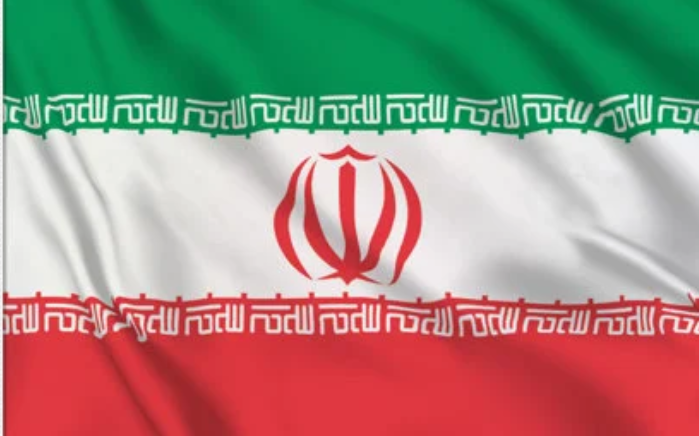The 2024 Nobel Prize in Literature was on Thursday, October 10, awarded to the South Korean author, Han Kang “for her intense poetic prose that confronts historical traumas and exposes the fragility of human life.”
Han Kang, in her works, is said to confront historical traumas and invisible sets of rules which expose the fragility of human life.
According to a statement by the Swedish Academy in Stockholm, Sweden, which awards the world’s most prominent prize in literature, The Nobel Prize in Literature, Han Kang “has a unique awareness of the connections between body and soul, the living and the dead, and in her poetic and experimental style has become an innovator in contemporary prose.”
Her work “is characterised by this double exposure of pain, a correspondence between mental and physical torment with close connections to Eastern thinking,” the statement read.
In one of Han Kang’s short story, the male narrator, himself masked as a woman, is drawn to an enigmatic woman who has broken away from an impossible marriage.
The narrative self remains silent when asked by his beloved: “If you were able to live as you desire, what would you do with your life?” There is no room here for either fulfillment or atonement.
In another work, a novel, Han Kang employs as her political foundation a historical event that took place in the city of Gwangju, where she herself grew up and where hundreds of students and unarmed civilians were murdered during a massacre carried out by the South Korean military in 1980.
“In seeking to give voice to the victims of history, the book confronts this episode with brutal actualisation and, in so doing, approaches the genre of witness literature,” The Swedish Academy said.
“Han Kang’s style, as visionary as it is succinct, nevertheless deviates from our expectations of that genre, and it is a particular expedient of hers to permit the souls of the dead to be separated from their bodies, thus allowing them to witness their own annihilation. In certain moments, at the sight of the unidentifiable corpses that cannot be buried, the text harks back to the basic motif of Sophocles’s ‘Antigone’.”
Her physical empathy for extreme life stories is reinforced by her increasingly charged metaphorical style.
Her ‘Greek Lessons’ (2023) is a captivating portrayal of an extraordinary relationship between two vulnerable individuals. A young woman who, following a string of traumatic experiences, has lost the power of speech connects with her teacher in Ancient Greek, who is himself losing his sight. From their respective flaws, a brittle love affair develops.
The book is a beautiful meditation around loss, intimacy and the ultimate conditions of language.A snippet review of Han Kang’s most notable work, “The Vegetarian” posted by BensenHsu, founder @OpenRead_HQ, on his X handle (@BensenHsu), says “The Vegetarian” follows the story of a woman named Yeong-hye who suddenly decides to become a vegetarian, much to the confusion and distress of her family. The book is divided into three parts, each exploring the impact of Yeong-hye’s decision from different perspectives.
“In the first part, Yeong-hye’s husband narrates how his previously ordinary wife undergoes a drastic transformation, refusing to eat meat despite his protests. The second part focuses on Yeong-hye’s brother-in-law, an artist who becomes obsessed with Yeong-hye’s Mongolian birthmark and paints it on her naked body. The third part follows Yeong-hye’s sister, In-hye, as she grapples with the aftermath of Yeong-hye’s deteriorating mental and physical state.
“Throughout the novel, the characters struggle to understand Yeong-hye’s motivations and the underlying causes for her behavior. As Yeong-hye becomes increasingly withdrawn and disconnected from reality, her family is forced to confront their own limitations in providing her the support she needs. The narrative explores themes of individualism, social conformity, and the power of the human psyche to transcend physical constraints.
“The Vegetarian” has been praised for its haunting, unsettling atmosphere and its exploration of the unknowability of others. The sparse, elegant prose and the gradual descent into darkness create a powerful and unforgettable reading experience.”
Advertisement





